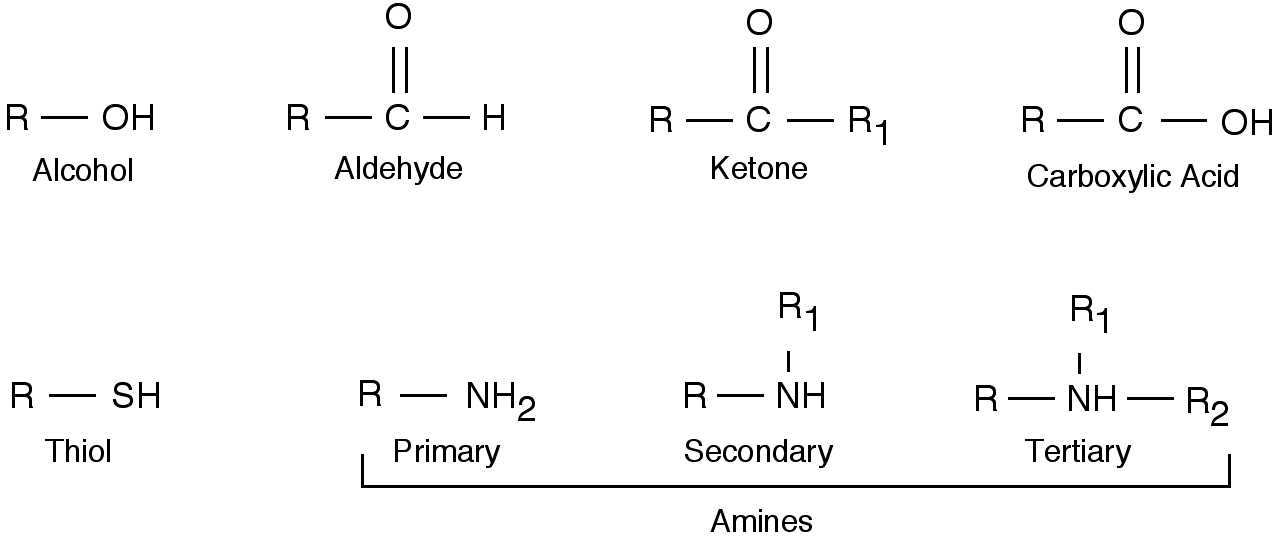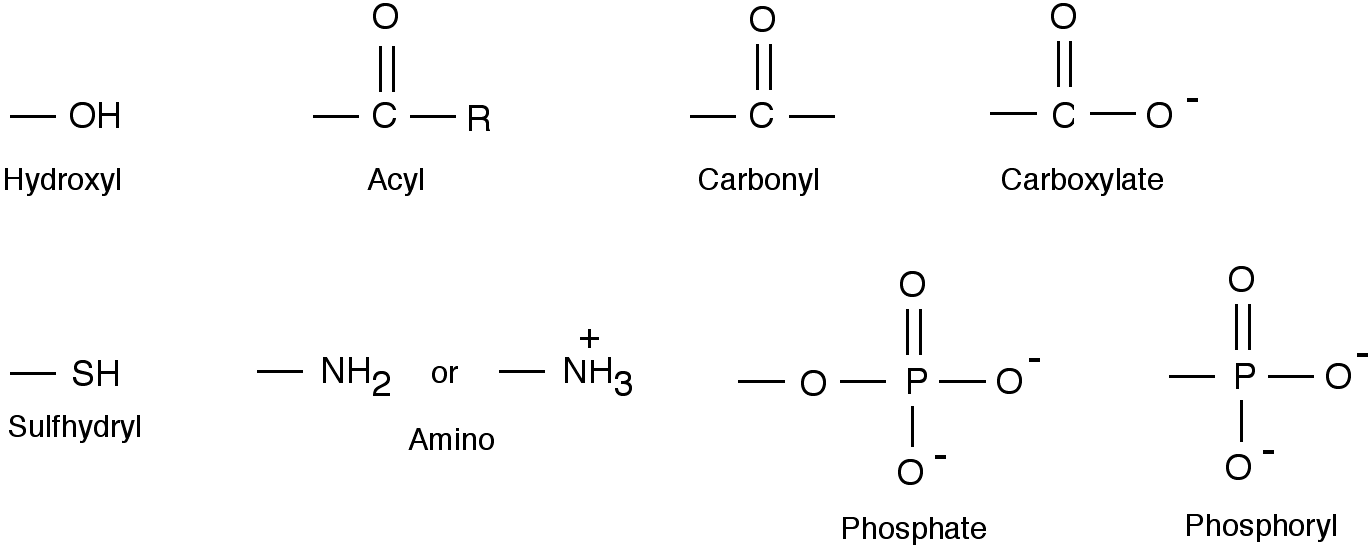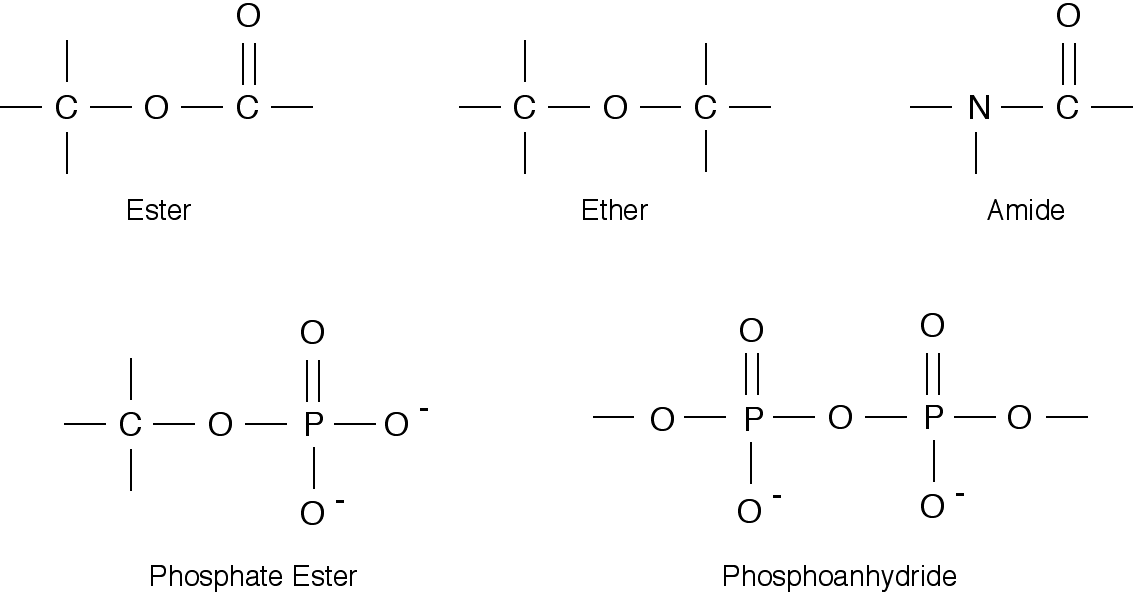
Biochemistry I Fall Term, 2005
Lecture 1: Introduction to Biochemistry
Instructor: Christina Lee
thl@andrew.cmu.edu, 268-7882 (MI 271)
Lecture: MWF 10:30-11:20 Baker Hall A51
Tutorial/SI: Andy Hsieh and Marciela DeGrace
Recitations/TA: Tim Feinstein
Required Reading: Campbell Chapter 1
Link to organic nomenclature web site: Organic Nomenclature
Web Resources:
The home page for the course can be found at: http://www.bio.cmu.edu/Courses/03231/biochemF05.htm Mirror Site: http://www.andrew.cmu.edu/course/03-231/biochemF05.htm
Please spend some time this week to become familiar with the following areas of the course web page:
* Syllabus *Goals & Expectations *Problem Sets & Exams *WWW Tools & Links
You should check the "Current Topics & Announcements" section of the course web page. This area will be frequently updated and will contain information on current tasks and announcements for the course. These items will also be announced in lecture.
Course Grading Scheme:
Problem Sets
15%
Lowest one dropped
CMU Online Quizzes
10%
Pretest, 1st, and lowest dropped
In-class exams
45%
Half of lowest one dropped (2x18%, 9%)
Comprehensive Final Exam
30%
Tentative letter grades: <50 R, 50-60 D, 60-80 C, >80 B, >90 A.
Biochemical Terms: You should be familiar with the following terms. What is it? If it is part of a cell where is it? What does it do? If you can’t recognize any of these terms please read chapter 1 of the textbook.
* plasma membrane
* cell wall
* chromatin
* chromosome
* cytosol
* eukaryote
* genetic code
* genome
* mitochondrion
* prokaryote
* nucleic acid, DNA, RNA
* nucleus
* ribosome
* protein
* enzyme
* catalyst
* monomer/polymer
* ATP
* Golgi
* Endoplasmic reticulum
Organic Chemistry:
Nomenclature: A considerable part of Biochemistry is the study of organic reactions in biological systems. Consequently it is necessary that you are familiar with some of the fundamentals of organic chemistry. The essentials of what you need to know can be found in Table 1.1 of Campbell and on a simpler summary page on Organic Nomenclature. A more comprehensive compilation on the web can be found at David Woodcock's Introduction to Basic Organic Nomenclature at Okanagan University College. If you have not yet had organic chemistry, I would encourage you to learn as much nomenclature as possible such that we have a common language.
Topics in Chemistry/Organic Chemistry you should be familiar with:
* Chemical bonding (covalent bonds, resonance structures, dipole moments)
* Alkanes (nomenclature, physical properties, conformational analysis)
* Alkenes (nomenclature)
* Aromatic compounds
* Functional Groups (alcohols, amides, amines, ketones, aldehydes, carboxylic acid, thiols)
* Esters (Nomenclature)
* Nucleophilic Substitution (nucleophile)
Important Organic Compounds, Functional Groups and Linkages in Biochemistry:
Organic Compounds

Functional Groups

Linkages in Biochemical Compounds
